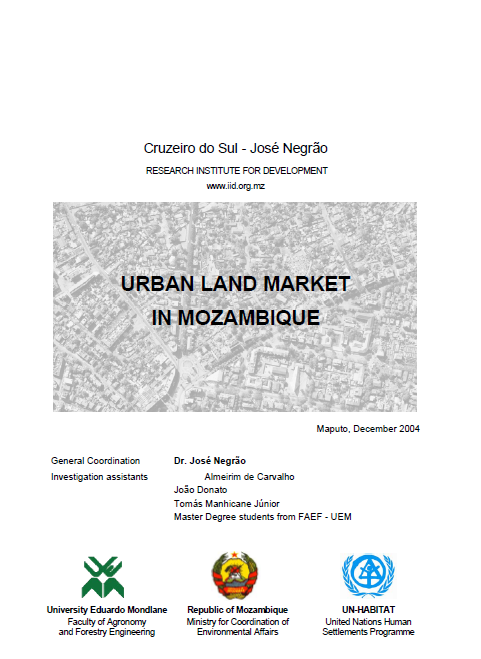Contending Views and Conflicts over Land in the Red River Delta since Decollectivisation
Contending Views and Conflicts over Land in the Red River Delta since Decollectivization is an anthropological study in which I offer a new approach exploring the viewpoints of various parties to analyze their attitudes, relations and conflicts over land in Vietnam's dynamic Red River delta after decollectivization. I also evaluate how and in what ways industrialization and modernization, as well as the effects of urbanization, marketization, and to a lesser extent globalization, have affected Red River Delta villagers' views and relations towards agricultural land.






